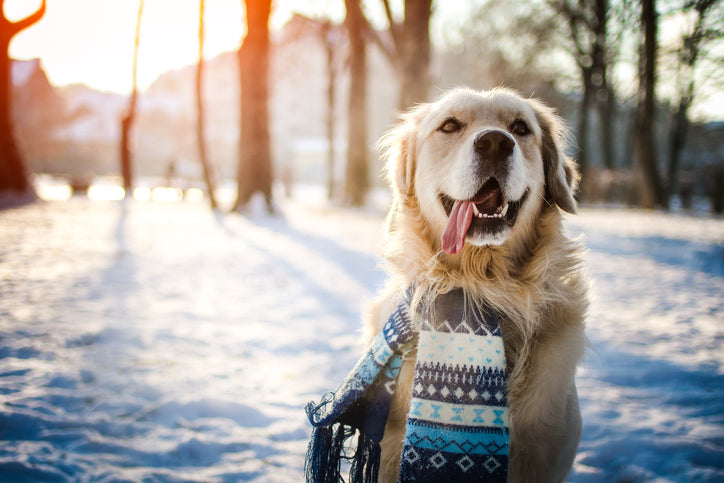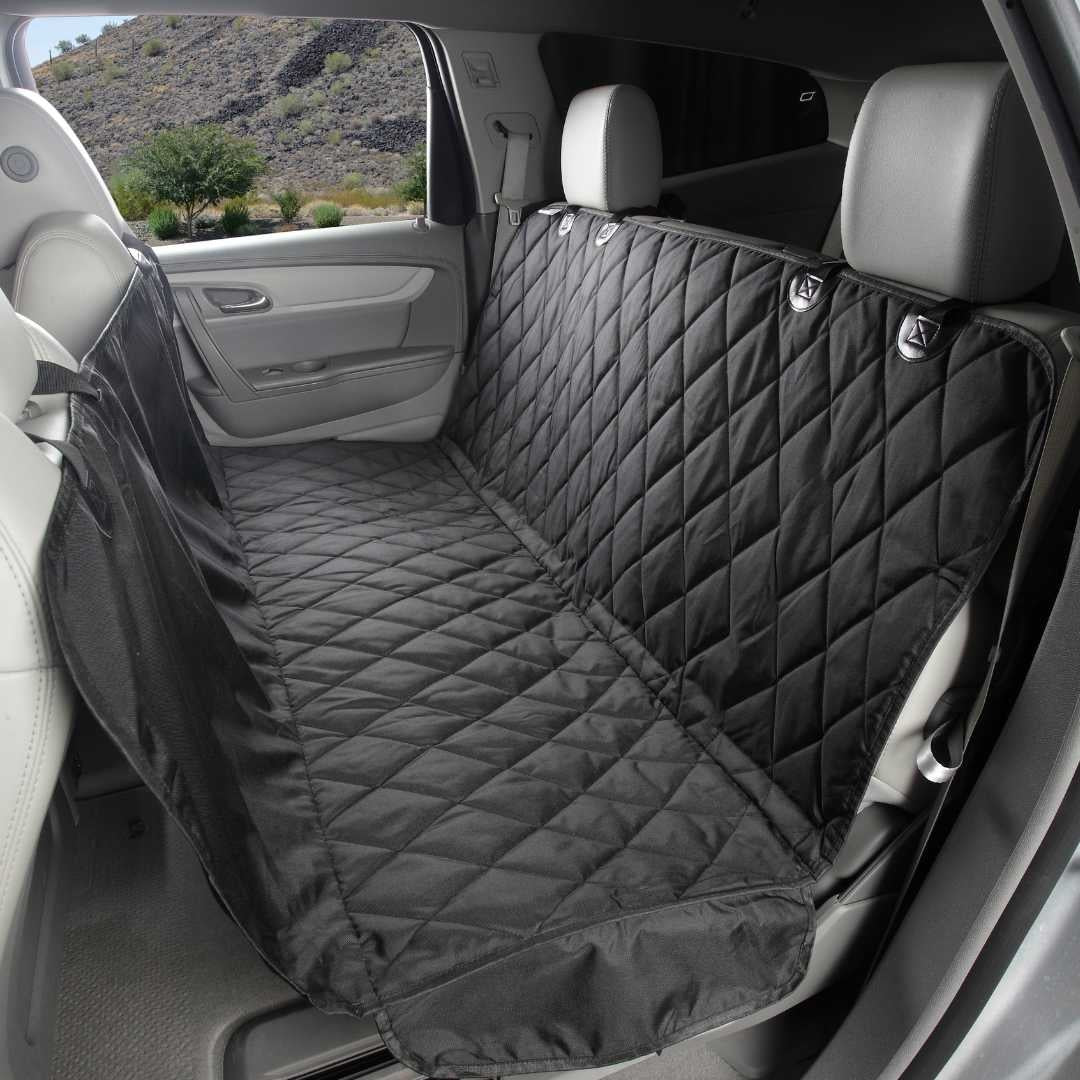It’s that time of year where I get asked how cold is too cold to leave your dog outside during the day and some I know have their dogs outside all the time.
The answer depends on the following factors: where you live, the size of your dog, the weight of your dog, the type of coat your dog has, the color of your dog’s coat, the type of condition your dog is in, your dog’s overall health and your dog’s age.
Not all dogs are alike nor are the temperatures. When it comes to the temperature you have to consider the following factors: wind chill, dampness, cloud cover.
Another piece of the puzzle is if you acclimatize your dog over time to the cold temperatures, say for instance a dog in training for mushing or for hunting.
Cold weather can impact health conditions such as arthritis, dogs with diabetes, heart disease, kidney disease, Cushing’s disease may have more issues regulating their body temperature. Dogs are susceptible to frostbite and hypothermia just like us. A dog’s normal body temperature is around 101-102.5 Fahrenheit. Hypothermia can occur when the body temperature falls between 95-99 degrees. Dogs can also get sick from being in the cold.
Tufts University has developed a Condition and Care System for assessing a dog’s body condition, weather and environment safety and physical care in dogs for their Animal Welfare Officers to use to determine if a dog is being neglected and/or abused. Here is an infographic that better puts that information together.
Dogs that were bred to live in colder climates will generally do better than other types of dogs. It also depends if they are used to being in cold weather. A Malamute from Texas may not do well in cold weather because she’s not used to it.
Use Your Intuition – if in doubt, keep your dog inside. If it’s too cold for you to stay out, then it’s too cold for most dogs.
If you must leave your dog outside, please provide a safe shelter. The flooring should be off the ground, the entrance should be positioned away from oncoming wind and best with a door. The shelter should be insulated and have some sort of dry bedding. Be sure the shelter is just big enough for your dog to turn around and lie down but not so big that it allows her body heat to escape.
Your dog is likely to give you some signs to when she’s had enough. Some may whine or bark when they aren’t normally vocal. Some may shiver, tremor or shake. In some cases, the dog may become anxious and seek comfort from you or try to find a hiding place. In the life-threatening condition of hypothermia you would see weakness, lethargy, muscle stiffness and slow breathing.
So if you don’t have an Akita, Alaskan Malamute, Bernese Mountain Dog, Great Pyrenes, Kuvasz, Newfoundland, Saint Bernard, Samoyed, and Tibetan Mastiff for example, then you may want to take more precautions and make sure that you have a proper set up in your backyard for when your dog can’t stay in the house with you, during the cold winter months.
Use common sense. You are your dog’s best advocate.
 Daphne Robert-Hamilton, CPDT-KA
Daphne Robert-Hamilton, CPDT-KA
Daphne Robert-Hamilton is a Certified Professional Dog Trainer- Knowledge Assessed by the Certification Council for Professional Dog Trainers. She was a Certified Equestrian Coach by the Canadian Equestrian Federation before moving into the dog training world. She competed extensively with her two Doberman Pinschers from 1997-2002 and achieved being a finalist in the Top 20 Obedience in 2000 and 2002 with the Doberman Pinscher Club of America. In 2002 Daphne graduated from the SFSPCA Academy for Dog Trainers, which is now defunked. She went on to intern at the SFSPCA Academy and graduated with honors in dog aggression. Daphne became the go-to trainer in the SF Bay Area for aggression cases. Daphne has done webinars, been interviewed in several dog magazines and has written a two part article on “sibling rivalry” for The Chronicle of The Dog. Daphne was the Head Trainer for Washington state for Pets for Vets for about two years. She has fostered many dogs helping them find loving forever homes. Daphne is a member of The Pet Professional Guild.
Daphne has been married for 24yrs and currently lives with her two Rhodesian Ridgebacks in Washington State.
Facebook: https://www.facebook.com/k9partnership
Youtube: https://www.youtube.com/user/k9partnership/featured
Yelp: https://www.yelp.com/biz/k-9-partnership-lake-stevens-2
Website is under construction – k9partnership




 Daphne Robert-Hamilton, CPDT-KA
Daphne Robert-Hamilton, CPDT-KA


